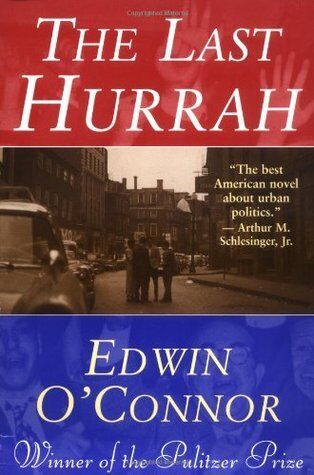Written by attorney Philip K. Howard, “The Death of Common Sense” is still in print because, as a recent reviewer would put it, it remains “timely.” Besides a good book on economics 101 (by Henry Hazlitt or Thomas Sowell), “The Death of Common Sense” should be required reading for anyone in politics, especially those in office and/or running for office.

“Modern law has not protected us from stupidity and caprice,” says Howard, “but has made stupidity and caprice dominant features of our society.” Politicians, he adds, “spend their lives apologizing for government. They all promise to fix it, but the slogans are so tired [“Change!” “Drain the swamp!”] and the performance so dismal that the overall effect is more like propaganda.”
In the book’s first chapter, Howard recounts the story of how Mother Theresa and her Missionaries of Charity tried to transform two fire-gutted buildings in New York City into homeless shelters. Mayor Ed Koch was an enthusiastic supporter of the nuns’ plan which would not cost the city government a single cent. The nuns would pay for the reconstruction of the buildings. And yet, “[f]or a year and a half, the nuns…found themselves…traveling in their sandals from hearing room to hearing room, presenting the details of the project and then discussing the details again at two higher levels of city government.”
After the city finally approved the project, the nuns’ contractors began repairing the buildings. At this point, the nuns were told, after almost two years, that renovating the buildings required an elevator whose installation would cost $100,000 (worth over $200,000 today). The nuns explained that because of their beliefs they would never use the elevator. But they were told that “the law could not be waived even if an elevator didn’t make sense.”
Mother Theresa, says Howard, gave up. “She didn’t want to devote that much extra money to something that wouldn’t really help the poor. According to her representative, ‘The Sisters felt they could use the money much more usefully for soup and sandwiches.’ … ”
Howard notes that no one decided to spite Mother Theresa. But it was the law. “And what it required offends common sense. There are probably 1 million buildings in New York without elevators. Homeless people would love to live in almost any one of these. Walking up a flight of stairs is not, after all, the greatest problem in their lives. But the law, aspiring to the perfect housing abode, has accumulated so many good ideas that the only type of new housing that is permitted must satisfy middle-class standards. A law that dictates either a model home or no home is probably fine for some, but what about those trying to provide housing for the poor?”
As the late (liberal) Justice William Brennan would put it: “The characteristic complaint of our time seems to be not that government provides no reasons, but that its reasons often seem remote from human beings who must live with the consequences.” Government, Howard adds, acts like some extraterrestrial power, not an institution that exists to serve us. Its actions have an arbitrary quality: It almost never deals with real-life problems in a way that reflects an understanding of the situation.” (Howard’s book cites many other similar examples of senseless laws.)
You got a problem? Let’s pass a law to solve it. What’s that? The problem just got worse or the law created new problems? Let’s pass more laws!
“Great wisdom is not the common trait of most lawmakers,” Howard writes, “but even if it were, they still would not be able to anticipate every future contingency.”
When would we hear a candidate for office say publicly:
“Vote for me! Like most previous (and future) candidates, I really don’t know everything I need to or must know to make crucial decisions affecting your lives, but I’ve a college diploma (or two), and I’m sincere, and I’ll try my best, so elect me and let’s just all hope for the best.”
But that level of honesty doesn’t sound like a winning election promise.
For Howard, “[d]ecision making must be transferred from words on a page back to people on the spot. This requires legal frameworks that are open, not open-and-shut.”
He acknowledges, however, that accepting the “imperfections and asymmetries of human nature is probably the bitterest pill for those schooled in the modern age. Just when we thought we were going to turn society into a perfectly calibrated machine of precise obligations and rights, somebody comes along and says people have to use their own two feet and a little judgment to get where they want. [Liberal] Justice Cardozo said in the 1920s ‘that there is no gospel to spare us the pain of choosing at every step.’ ” But every generation “has smart people who think they can figure everything out, once and for all. We happen to be the generation that fell for it.”
Send feedback to editor@mvariety.com











